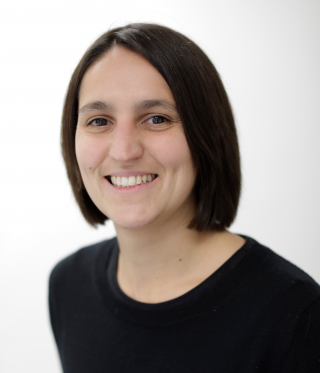Healthcare research relies increasingly on strong relationships with information technologies, not just to expand the collectively acquired knowledge but also to be able to translate this advance into visually arresting representations.
The successful visualisation of health informatics research carries the potential to revolutionise the scientific dialogue, the public understanding and participation in medical research. Processing and translating healthcare research can relate with the public on multiple levels, with an individual researcher, patient or population group.
The course will cover the fundamental aspects of visualising health informatics research with a comparative presentation of current applications and practices.
Learning Objectives
Participants should, by the end of the course:
• Gain an overview of how health informatics research output can be visualised
• Be aware of the main guidelines and pitfalls for the visualisation of medical research
• Understand the main methods/applications, used for the visualisation of health informatics research
• Understand the role of patient and public involvement in the health informatics research agenda
Course Team
- Dr Julie George (Lead Tutor)
- Julie George is an Honorary Senior Clinical Lecturer at the Centre for Public Health Data Science at the Institute for Health Informatics, University College London. Her current research interests are in approaches to risk prediction to support health and care planning, population analytics and whole population learning health and care systems. She has previously published on the initial presentation of cardiovascular diseases.

- Cristina Renzi
In her capacity as a public health physician and epidemiologist for various research institutions over the last 15 years, Cristina has pursued an interdisciplinary approach to address issues of public health relevance in different areas, including projects on outcomes research, access to healthcare, treatment adherence, and clinical epidemiology.
In cancer prevention and early detection, Cristina's work has focused on the investigation of factors associated with timely access to evidence-based healthcare and patient outcomes
- Catherine Smith
- Catherine is a research associate working on the ICONIC project, where her work involves combining epidemiological and genomic data to inform investigations of outbreaks of viruses in hospital settings.

She is interested in data visualisation and has developed interactive tools to explore spatial data designed to support outbreak investigations.
- Prof. Paul Taylor
- Professor Paul Taylor is Professor of Health Informatics at UCL Institute of Health Informatics. He holds a BSc in Psychology, an MSc in Artificial Intelligence and a PhD in Medical Physics from UCL. His research interests have focused on the use of computer systems in clinical decisions, particularly in image interpretation, including mammography and chest radiography. He was a co-investigator on a recent health technology assessment (HTA) project evaluating commercial machine learning software for the automated analysis of diabetic retinopathy images. He is currently leading a major collaborative project to create a resource of routinely collected ophthalmic data, including imaging, to answer a range of questions relating to the progression of disease and effectiveness of treatment for common retinal conditions. He is the author of From Patient Data to Medical Knowledge, a textbook for health informatics.

- Ms Jessica May
Jessica is a Project and Engagement Manager for the UKCRC Tissue Directory and Coordination Centre, and has received University College London's Provost's Award for Public Engager of the Year (Professional Services Staff) for her work in public engagement in biobanking.
The award recognised Jessica's recent project developing a biobanking board game to simulate the process of real-life biobanking. The project involved members of the public as well as professionals working in biobanking in helping to devise the game.
Jessica has a long career of developing visualizations for complex healthcare issues. Her previous posts included Public Involvement Advisory positions at the National Institute for Health and Care Excellence and at the Royal College of Obstetricians and Gynaecologists.
 Close
Close

